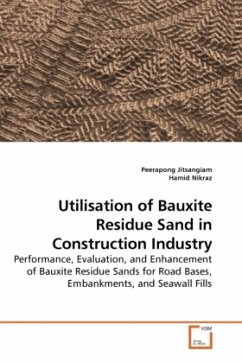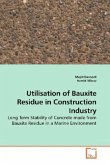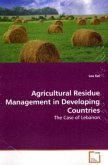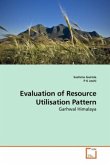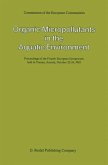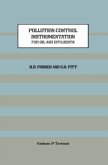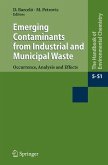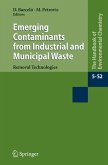Australia produces approximately 40% of the world s bauxite and over 30% of the world s alumina. Each year, about 25 million tonnes of bauxite residue is produced in Australia, requiring storage and maintenance. The construction and operation of such large impoundment areas is costly. During the extraction of alumina from bauxite ore using the Bayer process, a fine residue is produced called Red Mud. In West Australia, Darling Range bauxite deposits contain high levels of quartz which result in a coarse residue fraction also being produced. This fraction has been termed Red Sand. The sustainable use of such coarse bauxite residues as fill materials is an attractive option with a high potential for large volume reuse. This book focuses on whether Red sand is a viable option for use as a road base, embankment fills and as seawall fills in Western Australia. The findings will enhance and promote an opportunity to utilise this by-product in construction industry for Australia and Worldwide.
Bitte wählen Sie Ihr Anliegen aus.
Rechnungen
Retourenschein anfordern
Bestellstatus
Storno

